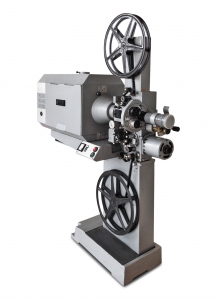A recent Virginia ruling brings up a topic that comes up in our state and local tax practice constantly. If a contractor in State X purchases materials and uses the material in a real property contract in State or Country Y, does the contactor owe use tax on purchases in State X? The answer in most states is yes. Is this fair? Or, even further, is this constitutional?
This scenario was brought to light in a Virginia Letter Ruling, No 12-207, issued on December 13, 2012. In the ruling, the unfortunate requestor was a dealer in Virginia and sold materials to a customer who constructs US embassies overseas. The material purchases are shipped to the dealer’s consolidating receiving point (CRP) in Virginia. The materials are temporarily stored and prepared for overseas shipment.
The ruling started by addressing a Virginia construction company that improves real estate and furnishes tangible personal property to become real estate outside of Virginia. Like most states, Virginia takes the position that, in that scenario, the dealer is the end user of the TPP and owes use tax. However, Virginia has an exemption for contractors who purchase TPP “used solely in another state or in a foreign country.” Specifically, the contractor can obtain a certificate of exemption if certain criteria are met. Further, the Virginia Department of Revenue went out of its way to remind contractors that a resale exemption does not work in this scenario because the contractor is the end user of real property and is not a reseller of TPP.
 Multi-State Tax Law Blog
Multi-State Tax Law Blog



 Are the peanuts being purchased by Logan’s and resold to its customers? Or is Logan’s purchasing the peanuts for its own use as a giveaway to its customers?
Are the peanuts being purchased by Logan’s and resold to its customers? Or is Logan’s purchasing the peanuts for its own use as a giveaway to its customers?
 An October 2012 article written in the New York Times that can be found
An October 2012 article written in the New York Times that can be found 